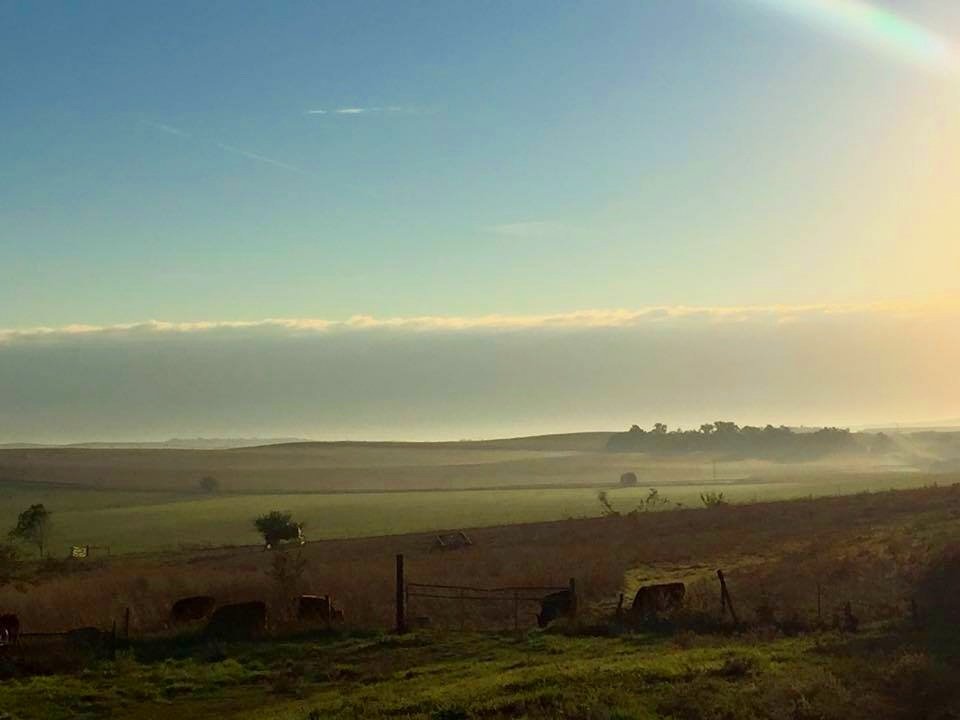
Building beef & bison byproduct supply chains
Regenerative grazing is on the rise. But for value to be carried through the supply chain, the whole animal must be utilized — from hides to bones to the organs within.
Growing GRASS is forging resilient supply chains that elevate the byproducts of regenerative cattle and bison. This benefits all of us: producers, processors, brands, consumers, and the planet.
Project update
The Growing GRASS project was originally created with financial support from the USDA. While there have been changes at USDA and its programming that have impacted that funding, the work to optimize beef and bison byproduct and whole-animal valuation continues.
GRASS today
The GRASS Standard continues to grow in use as a sourcing criteria for regenerative leather by footwear and apparel companies. Other Half Processing, which provides leadership for the Growing GRASS project, is working directly with producers, meat companies and processors to verify, buy and sell hides and other byproducts from regeneratively-raised beef cattle and bison using GRASS.
Growing GRASS today & going forward!
Ongoing work tied to the Growing GRASS Project and the GRASS standard includes:
Development of GRASS as a recognized and respected sourcing specification for regenerative hides and other byproducts.
Work with producers, market partners & researchers to validate regenerative grazing outcomes & claims for leather and other high value markets.
Provision of technical assistance and other support to small-mid sized US meat processors around valuation of byproducts, waste reduction and whole animal utilization.
Sign up for Growing GRASS updates
Are you interested or involved in regenerative livestock grazing systems?
We remain open to new collaborations in our work to build strong, resilient supply chains for the byproducts of regeneratively raised cattle and bison. Whoever you are, however you are working for more resilient food systems — let’s connect!

